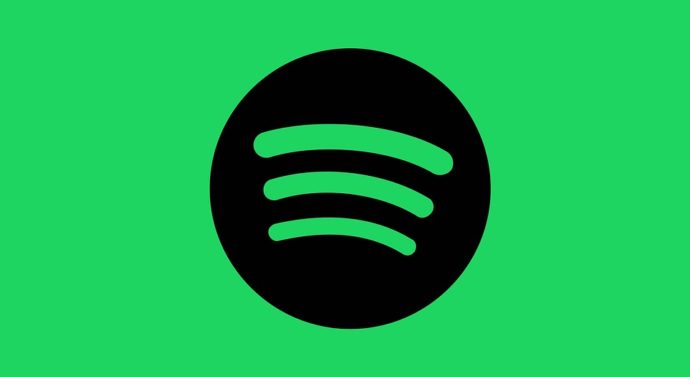
Spotify v. Apple Music: The lawsuit, not the debate
Editorial April 6, 2019, Comments Off 195The following is an edition of Mac’s Tracks, The Mirror’s music column, contributed by Maclen Johnson. All views, thoughts and opinions belong solely to the author and do not necessarily represent those of The Drury Mirror.
Spotify is suing Apple Music, and they’re kinda justified.
Spotify put out a pretty scathing press campaign against Apple Music in late March. The two-minute long video showcases how Apple allegedly restricts its users from downloading Spotify
from the App Store in an attempt to encourage customers to use its own music service instead.
Apple takes a 30 percent cut every time someone purchases Spotify Premium through the App Store. This forces the rival company to raise their prices to keep their product on the market, making it pricier than Apple Music.
Legal woes for both companies
Daniel Ek, CEO of Spotify, stated that Apple “routinely blocks [its] experience-enhancing upgrades,” like blocking the app from working on Apple Watches or HomePod systems. They also allegedly block information about Spotify promotional deals, like discounted Premium for three months. In an effort to avoid legal terms, what it boils down to is Spotify isn’t happy that Apple is trying to force them out of their devices, and Apple doesn’t want to accept blame for it.
Additionally, Spotify has its name on a rehearing for increased royalty payments to musicians
among others like Amazon and Google. Apple has responded to their demands to keep the
lower rate as an attempt to sue the musicians – which just isn’t the case.

Photo via Pixabay.
The Copyright Royalty Board (CRB) is the force behind the royalty hike. Once their decision was publicly announced in 2018, it opened a window for appeals to which the above companies took
to. While they want the rate to remain lower, they are not directly attacking the artists, nor are they suing anyone.
Spotify has made some odd calls in the past regarding songwriters, like that brief intermission when Taylor Swift pulled her music from the platform and Spotify responded with a custom
playlist titled “What To Play While Taylor’s Away,” but this time they aren’t attacking musicians. Granted, Swift also tried to sue Apple Music, and it was a lot of symbolic heroism without too much substance in the end.
Spotify: The superior streaming choice
My love for Apple extends about as far as my iPhone does from my pocket. I’m unlikely to trade in for an Android but will never purchase a MacBook or anything else from their ecosystem –
yes, because of price, but also because the company knows they rely more on aesthetic and weird cult-brand mentality than anything else.
Spotify is ultimately more budget-friendly. The company offers $4.99/month subscriptions for students, throwing in Hulu for no additional cost. Spotify also lets you control your music through your phone, even if you’re listening from a computer.
Spotify has Apple Music beat pretty much on every level. They provide you with a fresh mix of 30 songs every week and multiple playlists of your favorite genres. They let you know when your top artists have new music out and even analyze what you listen to throughout the year to provide all kinds of cool stats. (In December, I listened to nine hours of Janelle Monae – and all of her albums). They are also supported on all those in-home novelties like the Echo or Google Home, while Apple Music works solely with the HomePod.
Avoiding entertainment industry monopolies
While Apple Music has had artists release albums earlier on their platform than elsewhere before, there is no real difference in catalog between the two services. Neither have Beyonce’s “Lemonade” album available for streaming, for example, which remains a proud Tidal exclusive (although you can purchase it on iTunes).
There are some scary monopoly powers in the entertainment world right now, including the ever-present shadow of Disney in every movie franchise. Competition is a good thing in technology and entertainment when it leads to innovation and fresh approaches.
I’m absolutely biased. But Apple still should not be able to force a competitor out of its market to promote its own product.
Written by Maclen Johnson.